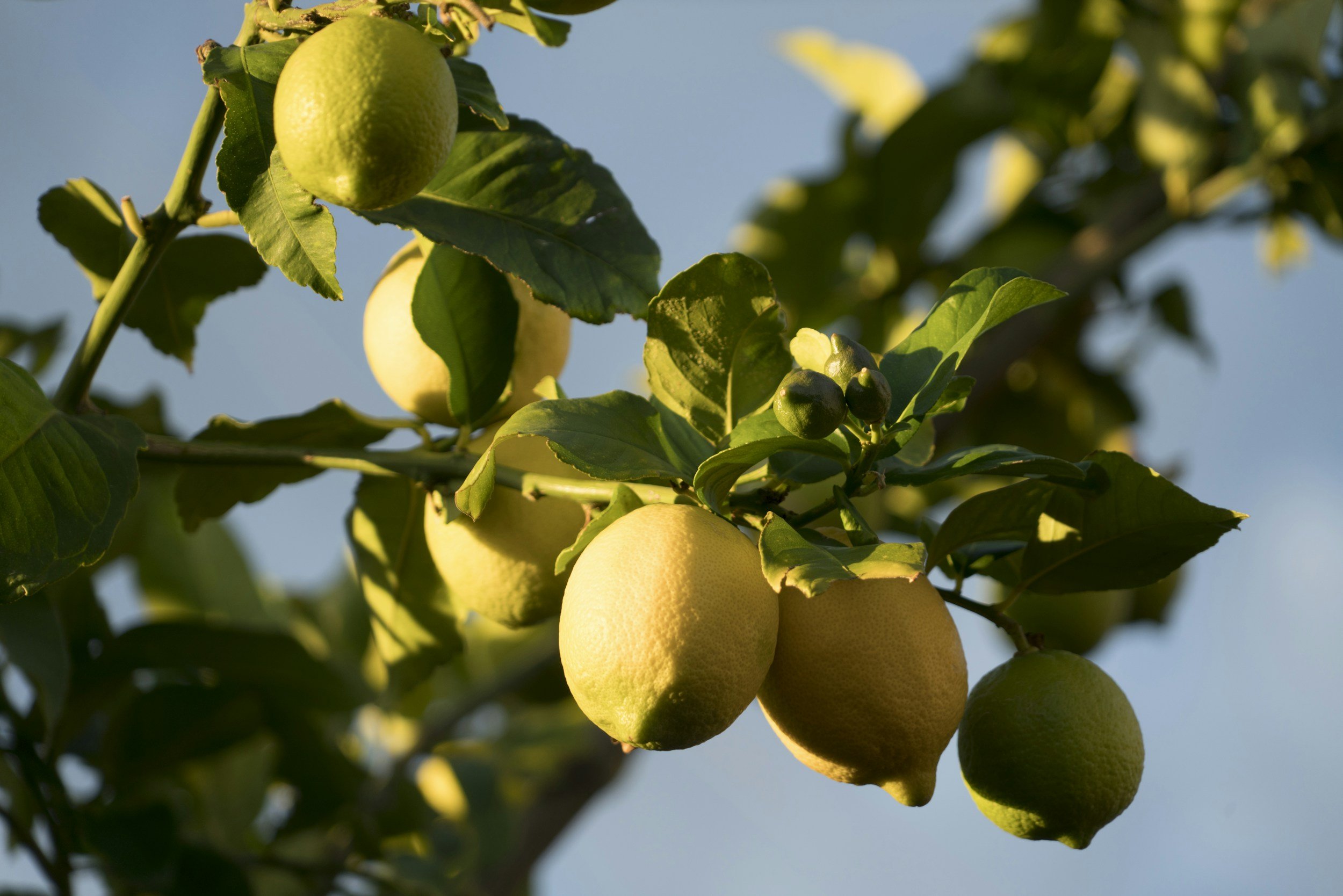Citrus Bioflavonoids: Nature’s Support for Glucose Balance and Metabolic Health
For centuries, citrus fruits have been known for their refreshing flavor and vitamin C content, but hidden within their peels and membranes lies another secret: Citrus Bioflavonoids.
These powerful plant compounds are now being recognized for their role in supporting balanced glucose levels, metabolic health, and overall energy regulation in healthy individuals.
Let’s explore what makes these natural compounds so unique and how they help your body stay in balance.
What Are Citrus Bioflavonoids?
Citrus Bioflavonoids are plant-based antioxidants found in citrus fruits such as oranges, lemons, limes, and grapefruits.
They belong to a larger group of phytonutrients called flavonoids, which give plants their vibrant color and help protect them against environmental stress.
In humans, they’ve been studied for their ability to support blood vessel health, reduce oxidative stress, and promote healthy glucose metabolism.
Some of the most well-known citrus bioflavonoids include hesperidin, naringin, rutin, and quercetin, each offering unique benefits to support your body’s natural balance.
How Do Citrus Bioflavonoids Help Regulate Glucose?
Emerging research suggests that citrus bioflavonoids can help support healthy glucose metabolism in several ways:
Improving carbohydrate processing: Certain bioflavonoids may influence enzymes that regulate the breakdown and absorption of carbohydrates.
Supporting insulin function: Some studies indicate bioflavonoids can enhance insulin sensitivity, helping your body use glucose more efficiently.
Reducing oxidative stress: Antioxidant activity may protect pancreatic and liver cells, both key players in glucose regulation.
Together, these actions promote steadier glucose levels and reduced post-meal spikes in healthy individuals.
Can Citrus Bioflavonoids Improve Energy and Reduce Fatigue?
When your glucose levels stay balanced, your energy naturally becomes more stable.
Instead of sudden highs and lows after eating, your body maintains a consistent flow of fuel.
By supporting insulin activity and cellular energy production, citrus bioflavonoids may help:
Reduce post-meal fatigue
Enhance focus and alertness
Promote smoother, sustained energy throughout the day
That’s why a diet rich in citrus compounds, or supplements that include these extracts, can be an excellent addition to an energy-supporting lifestyle.
Do Citrus Bioflavonoids Help with Cravings?
Glucose “crashes” can often trigger hunger or cravings between meals.
By helping to stabilize post-meal glucose levels, citrus bioflavonoids may help reduce those sudden urges for sweets or snacks.
It’s not about restriction, it’s about balance.
When your blood sugar is stable, your brain and body feel nourished, not deprived.
What About Their Role in Metabolic Health?
Citrus bioflavonoids are not just about glucose; they’re about overall metabolic resilience.
Studies suggest they may:
Support healthy lipid (fat) metabolism
Promote vascular health, improving nutrient and oxygen delivery
Reduce oxidative stress and inflammation, key factors in metabolic imbalance
When combined with healthy lifestyle habits like movement, balanced nutrition, and good sleep, bioflavonoids help maintain a strong, flexible metabolic system.
Why Citrus Bioflavonoids Stand Out
Citrus bioflavonoids are unique because they combine antioxidant, anti-inflammatory, and metabolic benefits; all from natural fruit compounds.
They work synergistically with vitamin C, enhancing its absorption and boosting your body’s defense against oxidative stress.
This makes them a powerful addition to any wellness routine focused on natural glucose regulation and energy balance.
Citrus bioflavonoids are nature’s gentle way of supporting your body’s internal balance.
By promoting healthier glucose metabolism, reducing oxidative stress, and sustaining energy, they help your body feel more consistent, from morning focus to evening calm.
It’s not about changing everything overnight. It’s about giving your body the nutrients it needs to work smarter, not harder.
References
Ghorbani, A. Mechanisms of antidiabetic effects of flavonoid compounds: a review. Biomedicine & Pharmacotherapy, 2017; 96: 122–129.
https://doi.org/10.1016/j.biopha.2017.09.136Jung, U.J., & Kim, S.R. Beneficial effects of citrus flavonoids on obesity and metabolic syndrome. Critical Reviews in Food Science and Nutrition, 2014; 54(9): 145–159.
https://doi.org/10.1080/10408398.2011.637949Kim, H.J. et al. Hesperidin improves glucose metabolism and insulin sensitivity in healthy humans: a randomized, double-blind, placebo-controlled trial. Nutrients, 2021; 13(8): 2759.
https://doi.org/10.3390/nu13082759Xiao, J., et al. Dietary flavonoids and chronic diseases: mechanisms and recent advances. Nutrients, 2023; 15(5): 1204.
https://doi.org/10.3390/nu15051204U.S. National Library of Medicine (MedlinePlus). Bioflavonoids Information.
https://medlineplus.gov/ency/article/002438.htm
